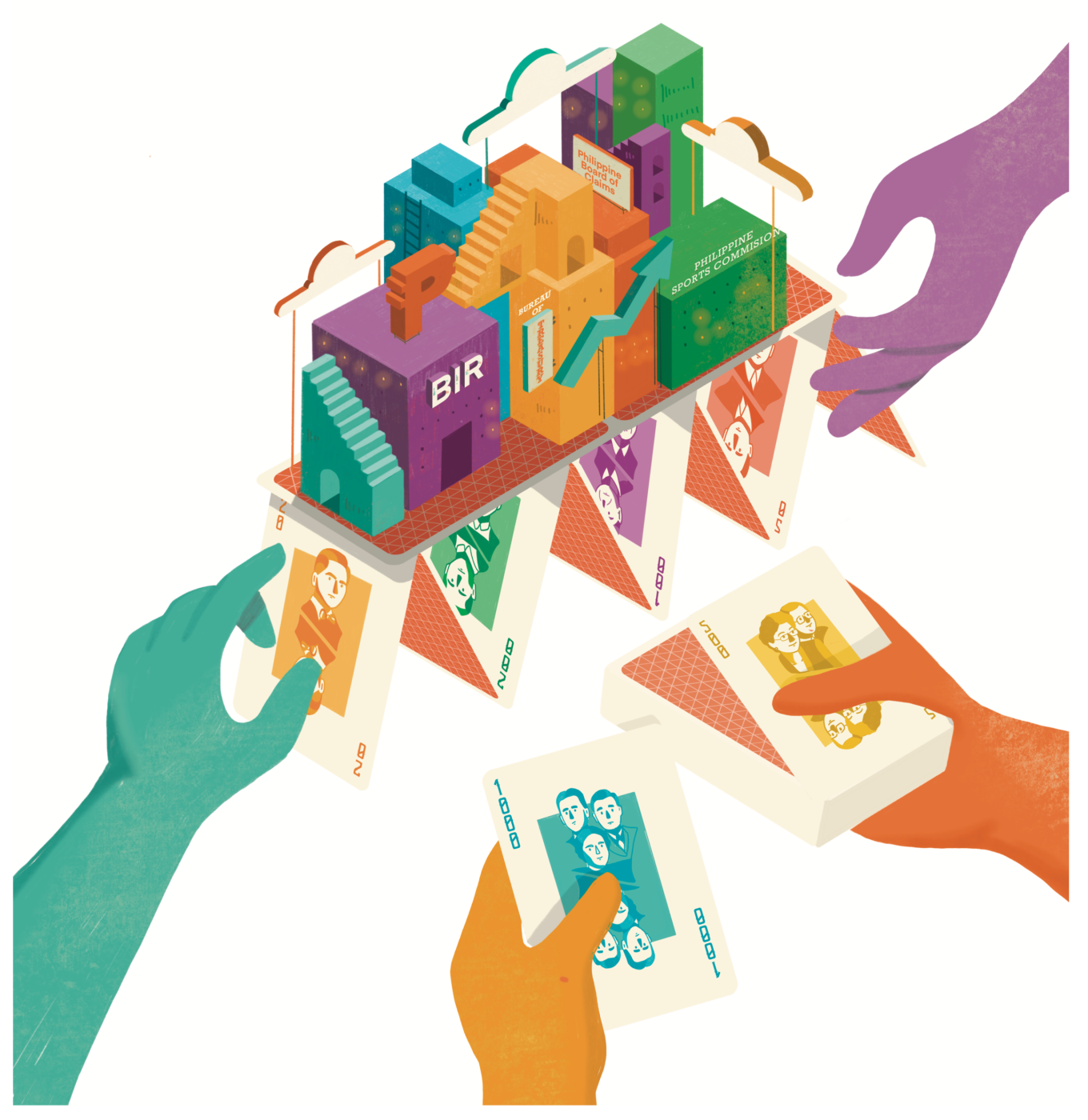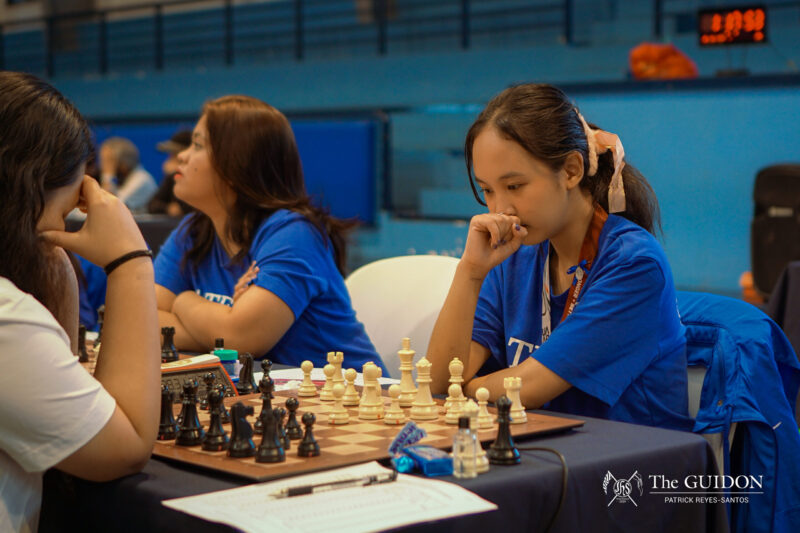GAMBLING IS a practice that is firmly established in Philippine society. Due to its uniquely profitable nature, the gambling industry has largely benefited the country’s economy. However, crimes such as kidnapping, murder, human trafficking, and prostitution that have been associated with the industry over the years have increasingly led to calls for reforms to the country’s current gambling system.
Given the influence of gambling in the Philippines, calls for a proposed ban have been met with uncertainty from the senate due to the unwelcome effects this may have on the overall economy. The Philippine gambling industry has previously evaded controversy under the national spotlight, but the recent outcry associated with the Philippine Offshore Gaming Operations (POGOs) now necessitates a closer look at the lucrative yet politically controversial industry.
Societal and economic impacts
According to a De La Salle University study, gambling is a habitual social activity among Filipinos evident in the abundance of casinos, lotto outlets, cockpit arenas, street card games, and jueteng, a numbers game similar to lotto. While a Social Weather Stations survey found that 63% of Filipinos perceive gambling as morally wrong, this stance has little effect on their participation in the practice, and 59% still continue to engage in it.
This engagement in gambling can be explained by the less appealing alternatives to growing one’s savings. According to the aforementioned study, Filipinos are more attracted to the potential financial gains of gambling due to banks’ low interest rates and the financial risks involved with running a business.
Cumulatively, the Philippine Statistics Authority (PSA) reported that establishments engaged in gambling activities contributed Php 205.52 billion in 2019—85.1% the highest share of total revenue to the Arts, Entertainment, and Recreation sector. Gambling and betting activities also paid a compensation of Php 575.48 thousand per paid employee—the highest within the sector.
Given that POGOs occupy a large part in the aforementioned gambling and betting activities, they play a notable role in the benefits that the sector yields to the economy. The government reportedly collects Php 34.67 billion in both direct and indirect contributions from POGOs. Annually, this contribution accounts for 1% of the country’s gross domestic product. Given the indisputable size and profitability of the gambling sector, regulations are then placed to ensure that the entire economy stands to benefit from the sector’s financial contributions.
Local contributions
To capitalize and regulate the earnings of the gambling industry, a number of Presidential Decrees were issued to permit casino franchise establishment and assign these regulatory powers to a single government organization. These were later consolidated to establish the Philippine Amusement and Gaming Corporation (PAGCOR) to better distribute revenue to the various branches of government for their national development programs. The regulations that PAGCOR then enacted allowed for the government’s complete control over the industry.
Of PAGCOR’s earnings, 5% is paid in tax to the Bureau of Internal Revenue, while half of the remaining 95% is allotted to the Bureau of the Treasury. These earnings contribute to the budgets of the Philippine Sports Commission, the Philippine Board of Claims, the Office of the President’s Project for Social Funds, and—in the case of land-based gambling operations—the host city local government units (LGUs).
In particular, Asia-Pacific Pathways to Progress Research Fellow Aaron Jed Rabena, PhD highlights the agency that LGUs possess in permitting certain gambling operations within their locales. The monetary contributions then afforded to LGUs and the Philippine government at large prove to be an attractive source of income for the nation’s macroeconomic interests.
Recently, these contributions have caught the attention of private investors, who wish to capitalize on the Philippines’ unique gambling demand from both local and international sources.
International reception
The lucrative nature of the Philippines’ gambling operations has attracted clientele and partnerships on a global scale. Foreign companies and suppliers involved in the global gambling industry are drawn to invest in the Philippine workforce as well as the nation’s digital and physical infrastructure. In doing so, these companies intend to set up online casinos and gambling operations to service foreign patrons from countries such as Singapore, China, Hong Kong, and Macau. The most popular of these operations—the largely Chinese-led POGOs—employ an international workforce consisting of Chinese, Vietnamese, Singaporean, and other Southeast Asian nationals working alongside Filipinos across the country’s urban centers.
The heavy involvement of foreign nationals in Philippine gambling sectors culminated in a peak of at least 300,000 Chinese casino workers employed in the country in 2016. However, this number has since dropped following stricter regulations, pandemic restrictions, and government crackdown on illegal operations.
While neighboring countries such as Cambodia, Vietnam, and Malaysia effectively banned gambling operations in partial response to Chinese diplomatic pressure, the Philippines had affirmed its stance to support POGO operations for their economic benefits. In 2019, despite Chinese President Xi Jinping’s personal requests to prohibit online gambling, then-President Rodrigo Duterte cited the industry’s billions of pesos generated in revenue as the chief reason for his maintained support.
Thus, the Chinese government has since been outspoken regarding its disdain for Philippine online gambling. Today, the continued outcry has revived national discussion on the future of Philippine gambling as a regulated industry. Rabena notes President Ferdinand Marcos Jr.’s neutrality on these controversies despite the palpable dissatisfaction with the current gambling ecosystem—particularly born from its risky foreign economic dependence—that certain cabinet members feel, such as Finance Secretary Benjamin Diokno.Now, with talks among government bodies to put a total ban on the sector’s largest contributors, the future of the Philippine gaming industry is put into question. With economic losses on one side and severe diplomatic strain on the other, the Philippine government must decide if the gambling industry’s benefits outweigh its risks. When reliance on the gambling industry is at risk of backfire, a bet must be taken on the future of domestic and international economic cooperation.




